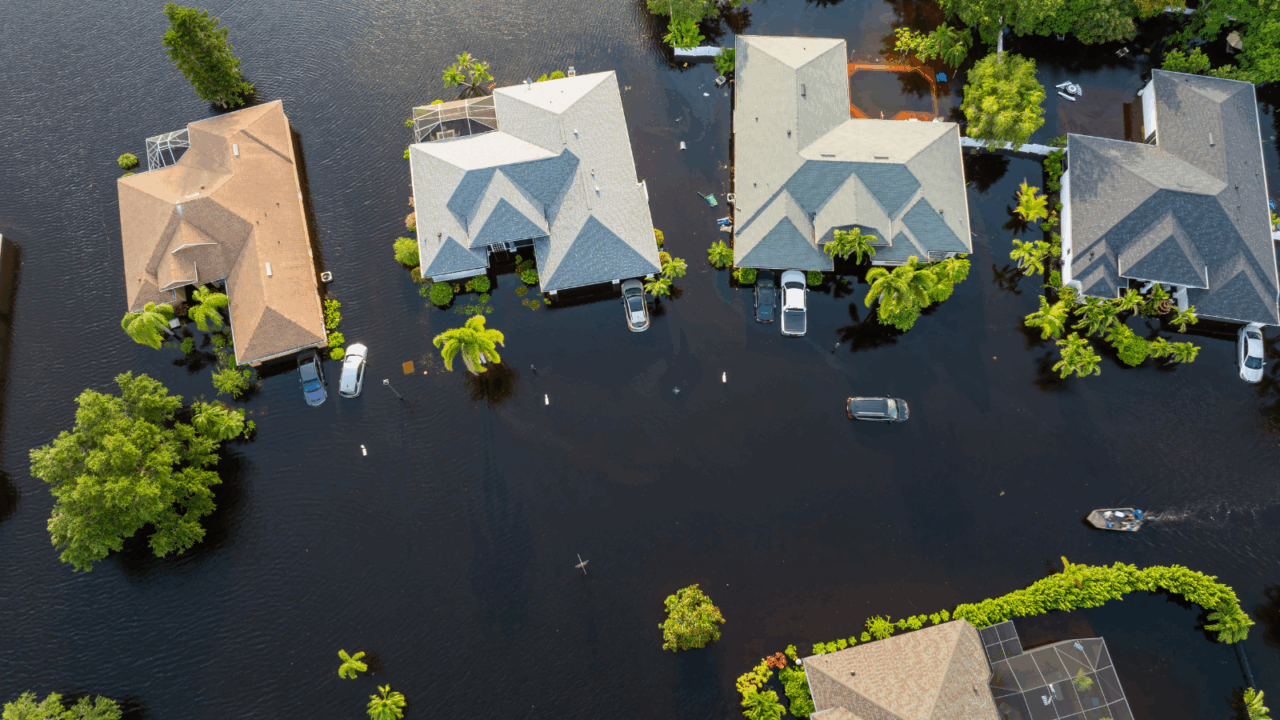Some might say that as the economy goes, so goes the construction industry. For example, the greater the number of building cranes that are visible in a city’s skyline, the more likely it is that the economy is strong and that the construction industry is booming. Similarly, an increase in vehicles hauling building materials and related components along streets and highways can be indicative of a vibrant construction industry.
A booming construction industry will likely motivate individuals possessing a construction background and an entrepreneurial spirit to start their own construction business in the hopes of capitalizing on the industry’s potential profitability. Starting and running a construction business entails key steps, including development of a business plan, obtaining requisite licensing and permits, hiring employees and negotiating contracts with property owners and subcontractors. However, obtaining insurance is perhaps the most crucial step for a construction startup. Construction projects are replete with potential risks from which construction businesses need to protect themselves. Faulty design or workmanship, physical damage to the project and injuries to employees or third parties are just some of the risks that construction businesses may face. A well-crafted and comprehensive insurance program will protect a construction business against such risks.
What Types of Insurance Do Construction Startups Need?
General Liability Insurance
General liability insurance is a fundamental component of a construction business’ insurance program. It covers a business’ liability arising out of negligent acts and omissions that result in damages to third parties to which the business owes a certain duty of care. It protects a business from claims by third parties of bodily injury that can occur on a construction project, property damage to the property of others and personal and advertising injury. Third parties generally include a business’ customers and persons who are visiting the business’ offices or construction projects.
General liability coverage is usually required in all construction contracts and is a prerequisite to obtaining a business license. General liability coverage is crucial because it provides a defense to a business paid for by the insurance company in the event that a third party files a claim that potentially triggers coverage under the policy. This is particularly important in the construction context because legal fees can sometimes exceed the total amount of the claim. Thus, a general liability policy’s provision of defense can save a business substantial sums that it would otherwise spend upfront in legal fees. It is also important to note that most general liability policies pay for defense costs in addition to, and not part of, a policy’s liability limits, thereby preserving the policy’s limits of liability to pay for covered claims.
Builders Risk Insurance
Builders risk insurance is a special type of property insurance that protects a business against physical loss or damage to the construction project during the course of construction. It also provides coverage for physical damage to construction materials, fixtures and equipment awaiting or following installation.
Builders risk insurance typically covers damage caused by fire, vandalism, theft, windstorm and hail. It may also provide coverage for soft costs, loss of business income and other damages resulting from construction delays. It generally does not cover damage caused by earthquakes, floods or hurricanes unless the policy is endorsed to provide such coverage. It is just as important as general liability insurance, since the costs to repair physical damage to a construction project or to replace construction equipment and materials can be very expensive.
While property owners usually assume responsibility for obtaining builders risk insurance, this obligation is sometimes shifted to the builder, developer or general contractor. However, if the project involves renovating an existing structure, the property owner’s existing property insurance may cover the work under construction, thereby making builders risk insurance redundant and unnecessary. Construction businesses working on a renovation should confirm with the property owner whether it has existing property insurance and if so, whether the policy provides coverage for physical loss or damage during the course of construction.
Commercial Auto Liability
Many construction businesses own vehicles that are utilized to transport construction equipment and materials to jobsites. Commercial auto liability insurance protects a business from liability arising out of the use of its vehicles for business purposes. It typically covers damage to business-owned vehicles and third-party vehicles and property, as well as bodily injury sustained by a business’ employees and third parties arising out of the use of said vehicles. If a construction business allows its employees to use their own vehicles for business purposes, it can modify its commercial auto liability insurance to provide coverage for accidents that occur while employees are driving their own vehicles on behalf of the business.
Workers’ Compensation Insurance
The potential for on-the-job injuries sustained by construction workers is high, since construction jobsites are replete with potential hazards and risks. Even the smallest project may contain risks that could result in a workplace injury. Workers’ compensation insurance pays for employees’ work-related illnesses and injuries. It covers medical bills, lost wages and disability benefits if the employee is permanently disabled. It also protects a business from having to pay such benefits out of its own pocket.
Workers compensation insurance is usually not optional. It is generally mandated by local and state governments for all businesses, regardless of the business’ size, industry or the size of the construction project. For example, all California employers are required to have workers’ compensation insurance, even if the business has only one employee.
Environmental Liability
Environmental liability insurance protects against claims arising out of exposure to toxic or hazardous materials during the course of construction. For example, if the construction project is located in an area where toxic or hazardous materials, such as paint or asbestos, were historically used, environmental liability insurance is necessary because general liability insurance policies usually exclude coverage for environmental and pollution-based claims. While the property owner is typically responsible for obtaining environmental liability insurance, a construction business may need to purchase environmental liability insurance if it is transporting or handling hazardous materials during the course of construction.
Employment Practices Liability
Employment practices liability insurance protects a business against claims resulting from its interaction with current and former employees. Examples of such claims include wrongful termination, sexual harassment, retaliation and discrimination. Although most businesses are conscious of the potential for employment-based claims and have implemented in-house training to reduce the potential for such claims, there is always a possibility that a current or former employee could file a claim. Thus, construction startups should consider purchasing employment practices liability insurance to protect themselves from such exposure.
Professional Liability
Professional liability insurance, also known as errors and omissions insurance, protects a business from claims arising out of acts, errors or omissions that occur if the business is providing professional services. Professional services are generally classified as occupations requiring specialized education and expertise, such as architects and engineers. Like general liability insurance, professional liability insurance provides the business and its employees with a defense paid for by the insurance company.
Most general liability policies exclude coverage for claims arising out of the performance of professional services. Therefore, any construction startup providing services requiring special skills and training should consider purchasing professional liability insurance.
Helpful Tips
Deciding what type of insurance to purchase can be complicated, and there is no definitive answer that applies to all startups. The scope of the startup’s work and the size of the construction projects that it will work on are just a few of the factors that will come into play when a startup identifies the type of insurance it needs. Working with an insurance agent or broker that is familiar with the construction industry and the types of insurance geared towards the construction market can serve as an invaluable resource for construction startups. It is important for a startup to provide its agent or broker with as much information as possible regarding the scope of its work and projects it expects to work on, in order for the insurers to underwrite the risk and for the startup to be charged lower premiums. In some instances, hiring an insurance coverage attorney to provide advice regarding the adequacy of coverage and how to resolve potential gaps in coverage can be just as important as retaining an experienced agent or broker.
A construction startup should not overlook or downplay the importance of insurance. As illustrated above, the fundamental purpose of insurance is to protect a business’ assets and ensure its stability and success.







